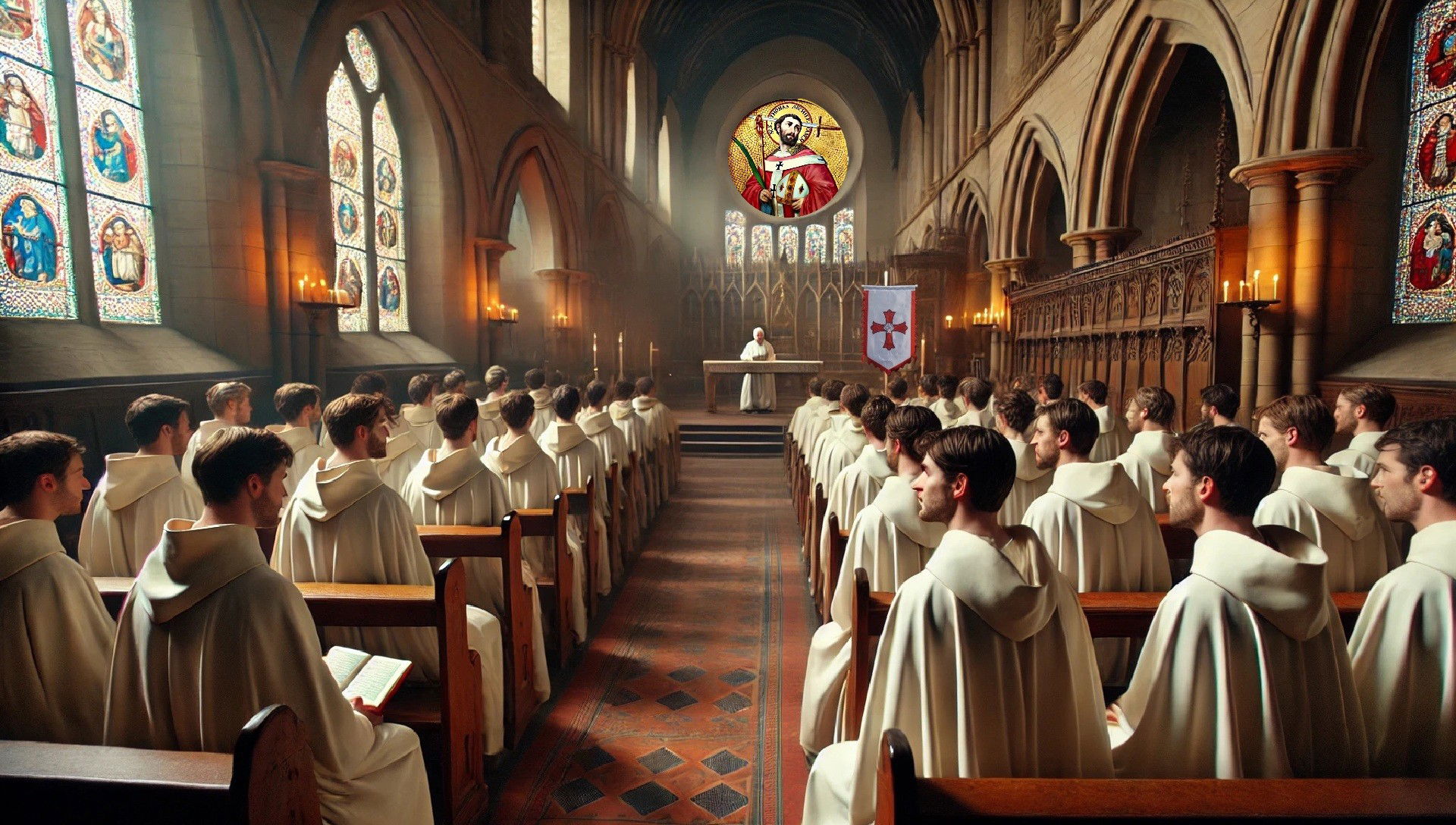Importance of the Church in Modern Society
In an age defined by rapid technological change, increasing individualism, and social fragmentation, the church remains one of the most enduring and essential institutions in human society. While cultures evolve and trends shift, the church continues to offer a stable foundation built on values that nourish both individuals and communities. Far from being outdated, the church serves as a moral compass, a source of unity, and a guardian of human dignity in the modern world.
The Church as a Foundation of Moral and Ethical Values
Throughout history, the parish has played a vital role in shaping moral standards and ethical principles. In today’s complex environment — where people often struggle to discern right from wrong — the church continues to provide clarity grounded in timeless wisdom.
It encourages virtues such as compassion, honesty, forgiveness, humility, and responsibility, values essential for building healthy societies.Even those who are not religious often acknowledge the positive impact the church has on promoting integrity, justice, and respect for others.
A Community of Support and Belonging
One of the most significant contributions of the church is its ability to create community. In modern times, many people experience loneliness, isolation and a lack of meaningful connection. The congregation offers a place where individuals can find belonging, friendship, and emotional support.
Through communal worship, small groups, charity work, and social activities, the parish strengthens relationships and fosters genuine human connection - something increasingly rare in the digital age.
Promoting Charity and Social Responsibility
The church remains one of the most active forces in humanitarian aid and social responsibility. Across the world, churches support the homeless, provide food for the hungry, care for the elderly, and offer assistance to families in crisis.
This commitment to service makes the church a stabilising force in society, encouraging individuals to look beyond themselves and contribute to the common good.
In a world often dominated by self-interest, the church reminds us of the importance of generosity, compassion, and solidarity.
Guidance for Personal and Spiritual Growth
The church is not only a social institution but also a place of inner transformation. Through worship, prayer, teaching and pastoral support, it offers guidance for people seeking meaning, purpose and direction in life.
Many individuals turn to the chapel during difficult times — loss, doubt, anxiety or moral confusion — because it offers spiritual grounding and hope.
Its message encourages people to develop resilience, moral courage and a deeper understanding of their own identity.
A Voice for Justice and Human Dignity
Throughout history, the church has spoken out for human rights and social justice. In the modern world, it continues to advocate for the poor, the vulnerable, and the oppressed.
Its voice challenges systems of injustice, promotes peace, and calls society to uphold the dignity of every human being, regardless of status, background or belief. By championing fairness and compassion, the church acts as a guardian of values essential for a civilised and humane society.
A Bridge Between Tradition and the Future
Many churches use technology, social media and modern forms of communication to reach younger generations and address current issues such as mental health, family challenges, and ethical dilemmas.
This balance between tradition and relevance allows the church to remain meaningful and influential in shaping the future of society.
A Pillar of Human Values
In a world marked by uncertainty and moral confusion, the church stands as a pillar of stability, compassion and truth.
Its role in cultivating human values, supporting communities, promoting justice, and guiding personal transformation makes it indispensable to the well-being of modern society. The cathedral is more than a religious building, it is a living community with the power to inspire, unite and elevate humanity.
